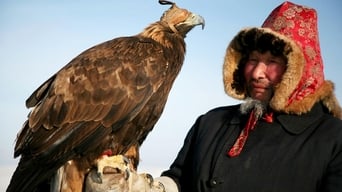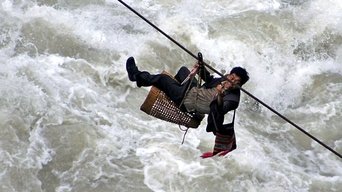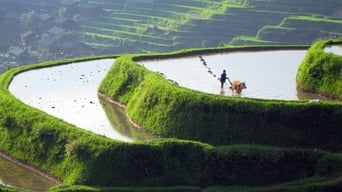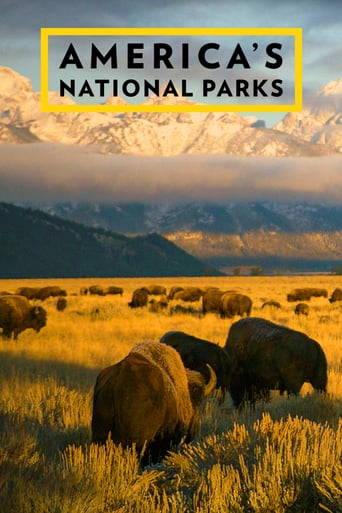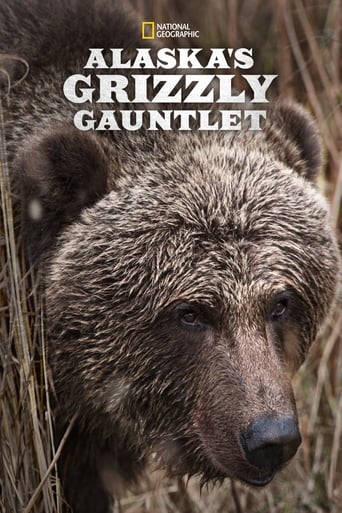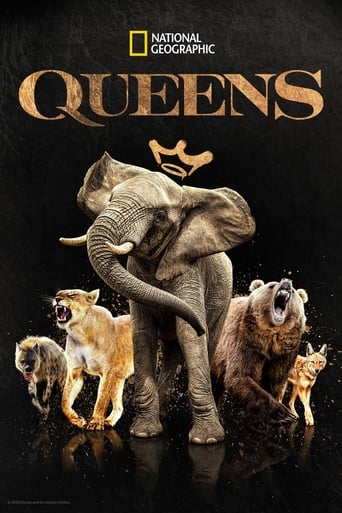Wild China Season 1
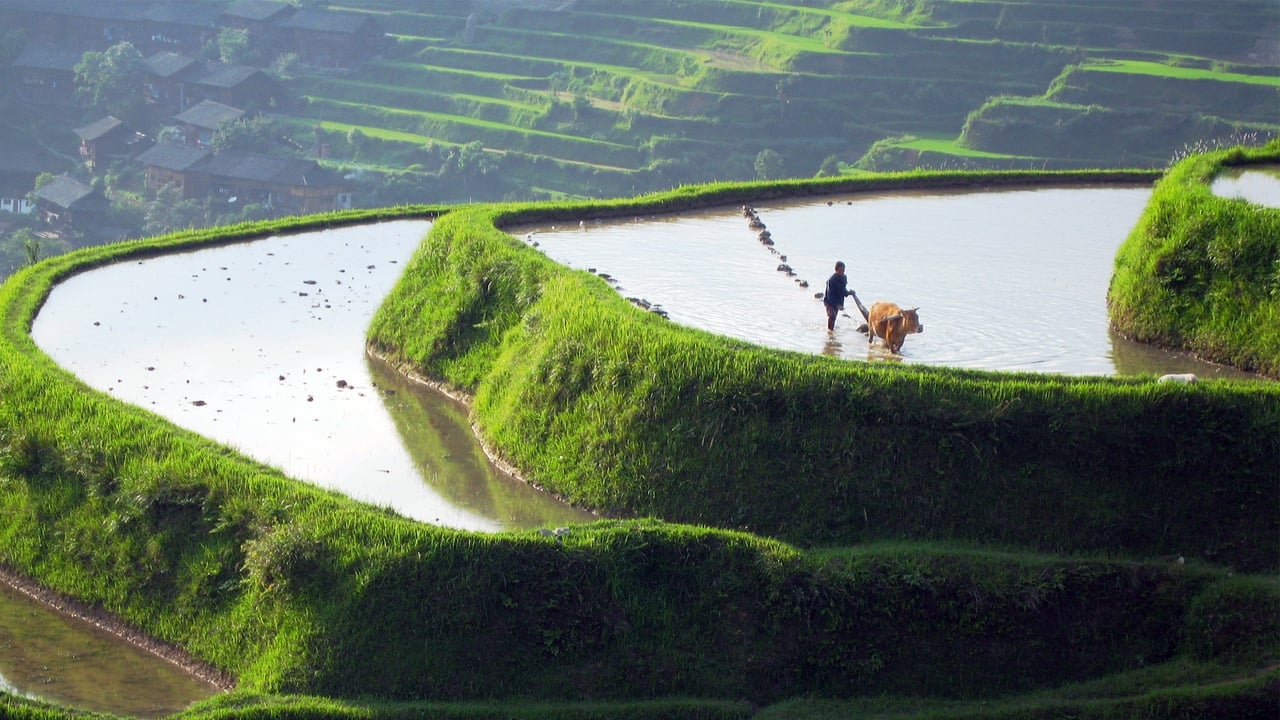
The dazzling array of mysterious and wonderful creatures that live in China's most beautiful landscapes.
Watch NowWith 30 Day Free Trial!
Wild China
2008
The dazzling array of mysterious and wonderful creatures that live in China's most beautiful landscapes.
Watch Trailer
With 30 Day Free Trial!
Wild China Season 1 Full Episode Guide
From the eastern end of the Great Wall, China's coast spans 14,500km and more than 5,000 years of history. This is a place of huge contrasts: futuristic modern cities jostling with traditional seaweed-thatched villages, ancient tea terraces and wild wetlands where rare animals still survive. Here Chinese white dolphins, red-crowned cranes, deadly vipers, giant sturgeon and sabre-wielding monkeys struggle to eke out a living faced by competition from 700 million people, widespread pollution and over-fishing. How China is managing such conflicting pressures has lessons for us all.
China's heartland with its Han people is the centre of a 5,000-year-old civilization. This land contains the Great Wall, the Temple of Heaven, and Beijing's Olympic Stadium and is home to some of China's most charismatic creatures such as the giant panda, golden snub-nosed monkey, and golden takin. China has undergone significant development in the past 50 years, bringing many environmental problems. The programme explores the deep, complex and often extraordinary relationship between the Chinese peoples, their environment and its creatures, and finds out what it means for the future of China.
China's emperors built the Great Wall to keep their kingdom safe from the hostile barbarians to the north. This is a land of warrior tribes, bizarre wildlife and extreme weather, but also of vast and breathtaking evergreen forests, grassy plains and sweeping desert dunes, rich with history. The legendary Silk Road drew traders and their camels across the deserts in search of fabulous wealth, and fierce Mongolian horsemen conquered the known world. Today, nomadic tribesmen still race horses and hunt with golden eagles, while tiny hamsters and Asia's last wild horses struggle to survive in the world's most northerly desert.
The Tibetan plateau covers a quarter of China – an area the size of Western Europe. This vast, windswept wilderness is one of the world's most remote places, defined by the glacier-strewn Himalayas. It's also home to some incredible wildlife such as the rare chiru, brown bears, wild yaks and the highest-living predators on Earth. There are more large creatures here than anywhere else in China. Defined by over a thousand years of Buddhism, Tibet has a unique culture that has nurtured remarkable beliefs. The programme discovers why this landscape and ancient culture is the life support system for much of the planet.
Hidden beneath billowing clouds, in China's remote south west, are perhaps the richest natural treasures in all China. Immense rivers carve their way south below towering peaks. The wind-swept slopes are home to the highest-living primates in the world and hidden in the valleys below are jungles with a diversity of wildlife comparable to those around the Amazon.
The improbable egg-carton hills of Southern China seem to float in a sea of glistening rice paddies. This is a landscape full of surprises. Next to peasants ploughing with buffaloes are rivers concealing dwarf alligators and giant salamanders, trained cormorants that catch fish for their masters, bats with unusual tastes and monkeys that hide in caves. But this isn't a nature park. Almost 300 million people live here, with a tradition of eating wildlife. So what forces have shaped this remarkable landscape and how do farmers and wild creatures manage to coexist among the rocks and the rice fields?
Free Trial Channels
Seasons








